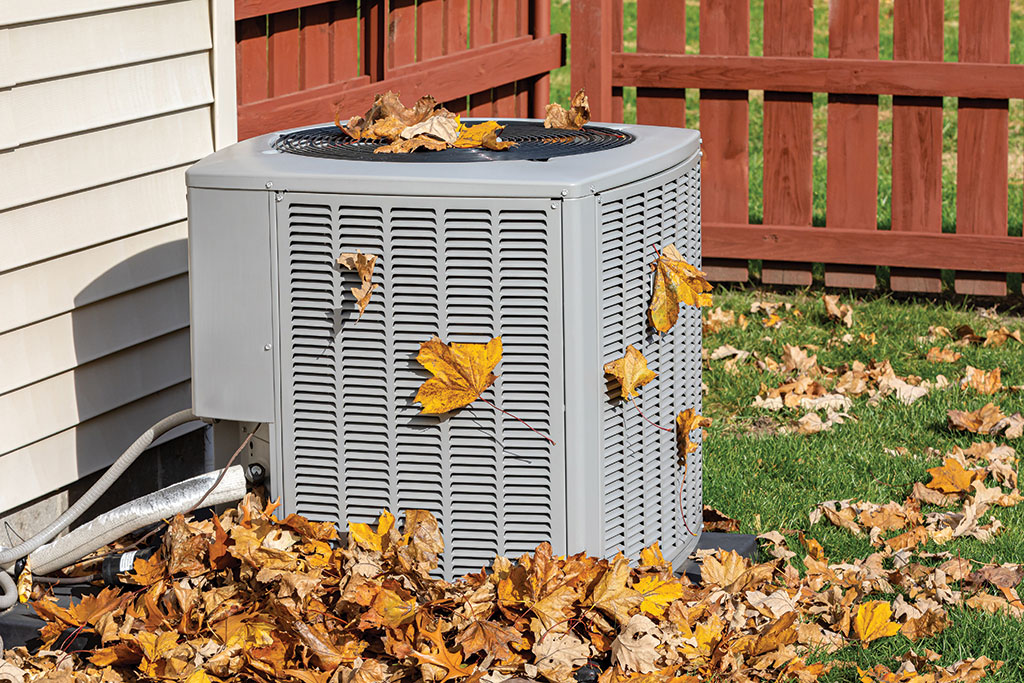What to Expect During Your Home Inspection
A home inspection is a crucial step in the homebuying process. In fact, most purchase agreements include a home inspection contingency.
This contingency gives you the right to decide whether or not to proceed with the purchase based on the inspection results. As no home is perfect, a home inspector can objectively assess its condition and help identify potential issues. The following guide will help you understand what your inspector will be looking for and what problems might need to be addressed through repairs or replacements.

Exterior
A thorough inspection of the home’s exterior will reveal structural or cosmetic issues that could impact the overall condition and value of the property.
Drainage
Your home inspector will look at the grading around the foundation to check that water flows away from it and not toward it. They will also inspect the gutters and downspouts to ensure they’re clean and free of debris. If gutters become clogged or the downspouts are not draining properly, water can back up and seep into the basement or crawl space and cause damage to the foundation.
Sprinkler systems
Lawn sprinklers can cause water damage to your lawn or foundation if they are not properly maintained or if their placement around the home’s perimeter is incorrect. To prevent such issues, a thorough inspection is essential, which can reveal problems like clogged heads, leaky pipes, and damage to the lawn and foundation. Additionally, improper programming can lead to the grounds being watered at inappropriate times or in the wrong areas.
It’s worth noting that not all inspectors include testing of the sprinkler system as part of their standard home inspection. Therefore, they might charge an additional fee for conducting this examination.
Roof
During the home inspection, the inspector will assess the age and condition of the roof to determine its overall life span. In addition, they will examine the attic to verify the absence of leaks and to ensure that the roof trusses are structurally sound with no sign of water damage, pest infestation, or rodent activity.
Trees
During the home inspection, your inspector will evaluate the condition and positioning of trees in proximity to the home’s exterior, as they can pose a significant risk to its structural integrity. In particular, dead, dying, or unhealthy trees are more susceptible to falling during severe weather conditions, which may damage the roof, siding, windows, and other areas of the home. Furthermore, tree roots growing beneath the foundation can cause pipes to crack and compromise septic systems.
Wooden structures
Identifying rotted wood can be challenging, especially when it’s concealed by paint or other coverings. However, an experienced home inspector can usually find such issues, even if they’re not immediately visible. Using an electronic moisture meter and skillfully probing areas with a screwdriver can help identify areas of concern, such as damaged wood in the fascia, soffits, windowsills, siding, porches, and wood decks. Once found, the inspector will usually collaborate with a licensed termite inspector to determine whether the wood rot is caused by termites or other wood-boring insects rather than water damage, which may require specialized remediation.

Interior
A home’s interior contains many essential systems, such as the HVAC, electrical, and plumbing. These and other elements of the house are always examined during a home inspection.
Foundation
It’s crucial to scrutinize the home’s structure’s integrity from inside and out. An inspector will look for bulging or cracked walls, bowed or sloping floors, missing or inadequate steel reinforcement, and other noticeable settlement issues. For example, cracks over 1/8 of an inch thick are big red flags and will likely require repairs to the foundation walls.
Plumbing
A meticulous inspection of a home’s plumbing system is critical to ensure no underlying issues could cause significant future damage. This includes looking for cracked or leaky pipes, checking for corrosion, ensuring there are no blockages in the main water line, and verifying the condition of shut-off valves and sewer lines. The inspector will also confirm that the water heater is installed correctly, functioning well, and meets safety standards.
HVAC (heating, ventilation, and air conditioning) system
A home inspector will conduct a visual and functional inspection of the home’s HVAC system to evaluate its overall efficiency, functionality, and anticipated life span. They will look for signs of rust, leaks, loose or damaged wiring, blocked ducts, low insulation levels, inefficient temperature settings, restricted airflow, and mold or mildew.
Electrical
A comprehensive assessment of the property’s electrical system is conducted during the home inspection to ensure it meets safety standards. This requires thoroughly examining the house’s electrical panels, circuit breakers, outlets, switches, and wiring. The goal is to identify hazards such as exposed wires, outdated or faulty wiring, improper grounding, and overloaded circuits that could cause electrical fires (the third leading cause of home structure fires).
Appliances
During the home inspection, all existing appliances that are required to remain at the property after the closing (as specified in the contract) are tested. These appliances include the refrigerator, stove, oven, dishwasher, washer, and dryer. The purpose is to verify that these appliances are in proper working condition.
Poisonous elements
Several undetected poisons can exist in a home, and an inspector will conduct specific tests to ensure it is free from dangerous gases and other elements. In particular, they will test homes with basements and crawl spaces for elevated radon (a radioactive gas released from soil and rocks) and asbestos in homes built before 1981. In addition, a home inspector will look for cracks in a chimney flue, which can be a source of carbon monoxide poisoning and, if it goes undetected, can be fatal.
Building code violations
While inspectors may not be code experts, they are trained to identify specific violations during their inspections. These may encompass improper electrical wiring, unsatisfactory deck fasteners, structural issues, or even the absence of a proper egress window or door in a basement bedroom.
Consult your real estate agent for recommendations on a trustworthy home inspector so you can gain greater peace of mind when purchasing your new home.

